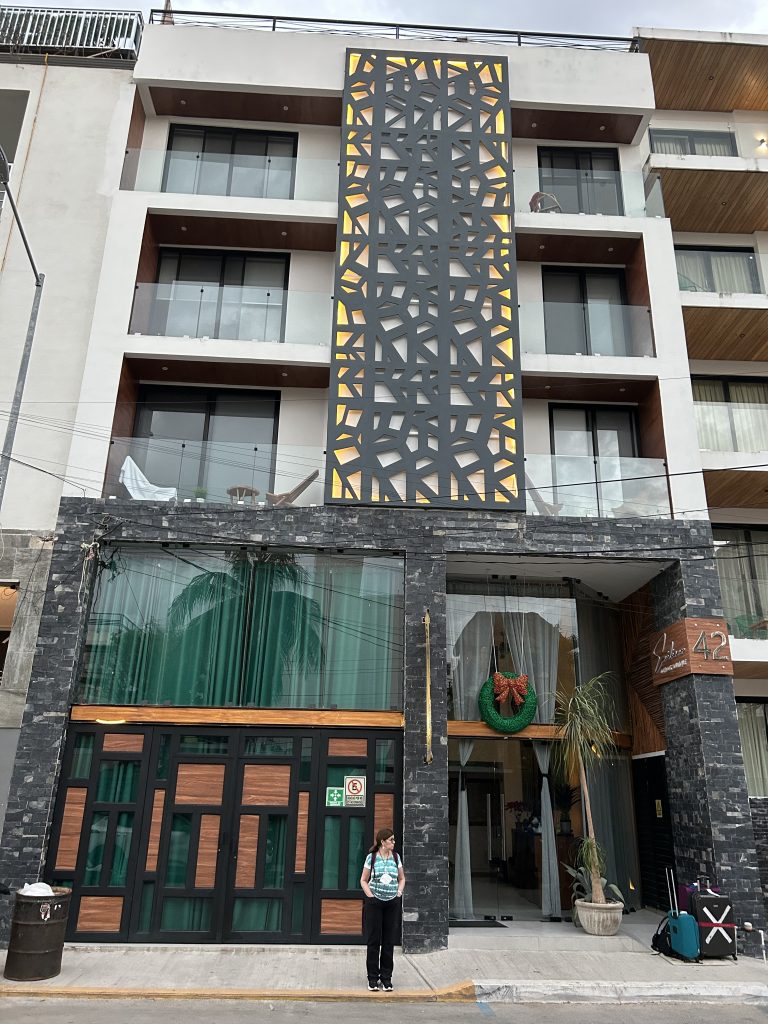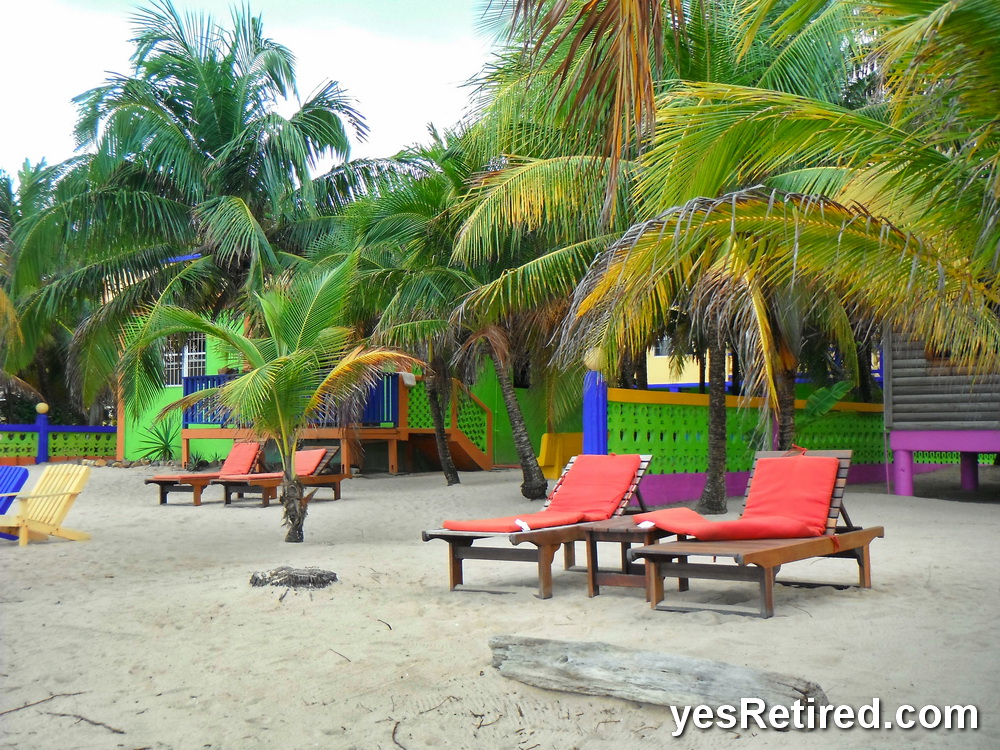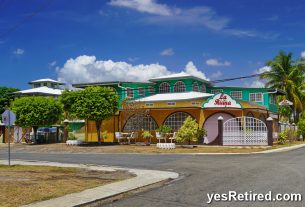One of my biggest concerns before retirement was related to the financial considerations. With a lower fixed income, what would our lifestyle be like?
I had noticed random articles claiming that you can live in places outside of Canada for less than $1,000 per month, all included! What would that be like? How realistic could that be? You can see zillions of articles at International Living or Live Overseas on this topic, and on other similar web sites.
So the short answer is that YES it is possible, as long as you can accept compromises. You have to understand that in many countries outside of Canada and USA, living for less than $1,000 per month is their NORMAL. The cost of living is just generally lower, for food, medical, labour, for everything except some of the things that come from Canada and USA. You won’t likely be living in a five star beach resort, but you can live comfortably if you live like the locals, and with the locals. 😊 We are fortunate that our investment income will allow us to live well beyond that, but it was gratifying to know that living on the government pensions alone could be sustainable if we had to.
Living with the Locals
Living with the locals is not a bad thing, but it means you might need to learn their language, or at least try to learn their language. One of the reasons we originally decided to visit Belize, is because it’s a nice Caribbean climate that speaks ENGLISH and was more affordable. In our case, Cathy has acquired quite good conversational Spanish skills, and that makes trying other Spanish speaking countries a possible choice for us. (I use the Google Translate app on my phone when I get desperate). The obvious choices near us include Mexico, Costa Rica, Panama, and Ecuador. But since we had some friends in the Canary Islands, Spain we decided to try that next. It really is a delightful country, with real possibility for us. But then we wanted to try the real Spain, the mainland, and really enjoyed the Costa del Sol (southern coast). In the end most of these places we visited were quite accommodating of English speaking tourists as long as you TRY with a few Spanish words, because they often know some English.
You really need to embrace the local ways, which might mean giving up on some brands that you are familiar with that are not easy to obtain there. You can probably find a local equivalent which costs less with a little experimentation and asking around. Also, don’t try to educate them of the many ways things were better at home. They will shut down and probably not be a good neighbor and you may end up returning home with an un-happy life experience.
Snowbirds
Another approach is to become a snow-birder who leaves Canada during the winter, but returns in the summer. To protect your Candian medical rights, you can’t be gone for more that 6 months per year (with some exceptions). So that means you have higher cost of living for 6 months and lower one for the next 6 months. For us that became a sensible compromise, although I also like the idea of being free to go anywhere for any length of time, which is doable, as long as you buy private health insurance (and stay healthy). Spain would be better for snow-birding because their summers are too hot for me, whereas Canary Islands would be better for full time as it stays pretty consistent at 26C all year depending on how close to the coast you live. The mountains are even cooler.
Minimize Expenses
Another key factor is to minimize your expenses. We find that living in a nice upscale apartment is a lot cheaper than owning a home, where the never ending monthly expenses for fixing the roof, driveway, lawn, new washer, microwave, etc. tend to cost more than our monthly rent… The counter argument that you will be missing the growth opportunity that owning Real Estate offers, was quickly dispelled when we simply invested the cost savings in good growth oriented mutual funds.
We intend to move from having two vehicles to only one when in Canada , and generally walk or use public transit when outside of Canada. You also need to evaluate your lifestyle choices. A few years ago a work colleague purchased a nice brand new luxurious Lexus sedan, but then a few days later once his wife starting doing some math she realized that they could get TWO new Toyota sedans that were very similar for the same price. I am not sure what the sales person thought, but it seemed like a great decision to me to move to the two for one deal.
Expat Resources
Most candidate countries tend to have clusters of “come from away” people otherwise known as expats or gringo’s, who can be very helpful in both the transition and dealing with the day to day things in English and from a USA/Canadian perspective. Check Facebook, reddit.com, TripAdvisor.com and other similar resources. Some of them even organize regular face to face gatherings, which adds the personal touch to the online experience.
YouTube also has lots of testimonials from various people who tell their story of low cost living in fun locations.
EDIT 2023-April-06: An outline of our $1,600 USD Mexico snowbird budget for expenses.
Our first snowbird experience was for 3 months in Play del Carmen, Mexico. Our actual primary living expenses for living are below. Note that our food was a 50% mixture of eating at home and also out at restaurants. Sometimes having cheap 25 peso tacos for lunch (US$1.25) , or fine dining dinners with drinks for two for 1,250 pesos (US$62, C$95). We walked most places, and occasionally a low cost bus ride, or taxi.
- Rent 25,000 pesos per Month (US$1,250, C$1,800), includes electricity, internet, water, air conditioning
- Groceries: 6,000 pesos per month (US$ 300, C$ 450)

Conclusion
Yes, you can live on $1,000 per month as long as you set your expectations appropriately.
Please SUBSCRIBE to our NOTIFICATIONS
If you would like to be notified of more articles like this, please LIKE our Facebook page, which will then include us in your Facebook feed. Use this LINK to take you to our page, then click the LIKE button shown below. Or Like our twitter feed.





